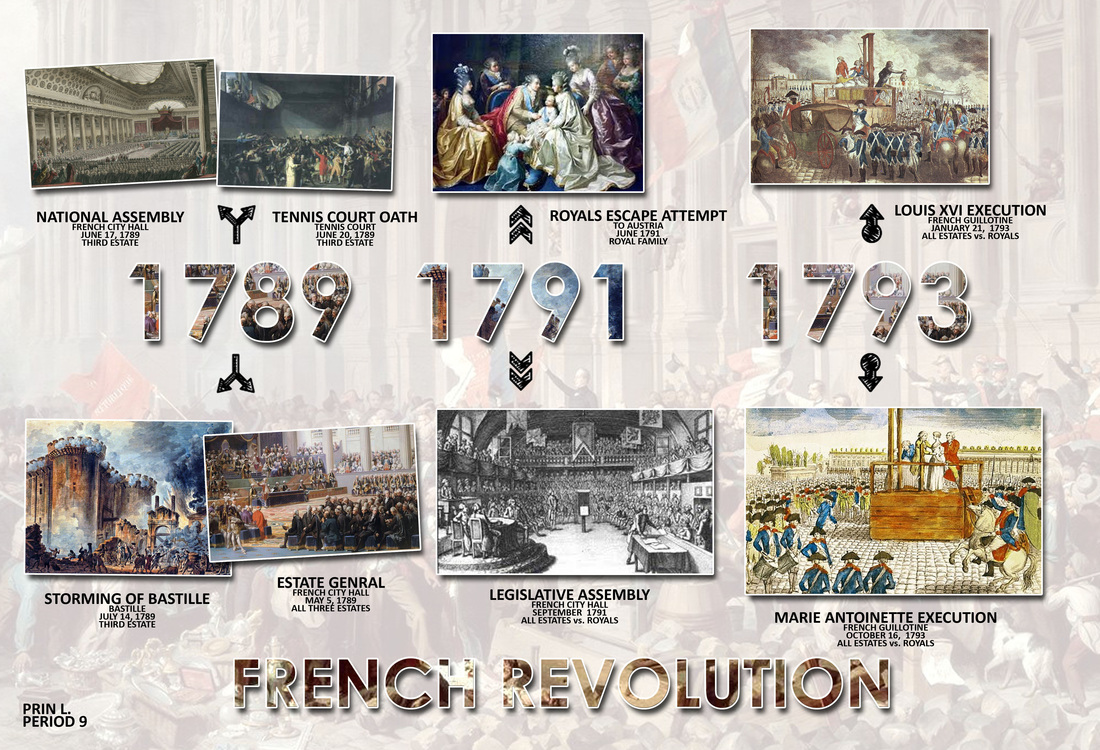The French Revolution, a time of profound upheaval, began in 1789 and extended until 1799. This tumultuous period was characterized by significant political, social, and economic transformations in France, and its ramifications still resonate throughout history. Have you ever considered what it might be like to live in an era where the very foundation of society was under scrutiny? As we delve into the events of the French Revolution from a Christian perspective, we may also pose a playful question: would the Church have thrived had the Revolution never unfolded?
To fully appreciate the weighty implications of the French Revolution, one must first understand its backdrop. France in the late 18th century was replete with a stratified social order, dominated by the monarchy and the aristocracy. The clergy, too, held significant power in this hierarchical structure. The populace was stricken with poverty and discontent, fuelling a fervent desire for change. Economically, France faced debilitating debts and rising bread prices, leading to widespread unrest. Amidst these societal fractures, the call for revolutionary change ignited the aspirations of the common people.
The Revolution officially commenced on July 14, 1789, with the assault on the Bastille, a fortress prison that became a symbol of tyranny. This iconic event represented not merely a rejection of oppressive regimes but also embodied the burgeoning sense of liberty among the people. The storming of the Bastille spurred a cavalcade of uprisings, characterized by the famous phrase, “Liberté, égalité, fraternité.” These ideals were foundational not only to the Revolution but also set a philosophical precedent that would influence movements worldwide.
In the months that followed, pivotal events unfolded, each contributing to the overarching narrative of the Revolution. The declaration of the National Assembly in June 1789 marked a significant shift in power dynamics, as representatives of the Third Estate—comprised primarily of common citizens—asserted their right to govern. The Declaration of the Rights of Man and of the Citizen later that August encapsulated a revolutionary ethos, promoting universal rights that transcended class distinctions. From a Christian perspective, this shift can be seen as an attempt to redefine moral authority, previously vested in kings and clerics, towards the individual and the collective.
However, this newfound liberation was not without its complications. The Revolution gave way to radical factions, most notably the Jacobins, who believed in a more extreme form of egalitarianism. The Reign of Terror, led by Maximilien Robespierre, initiated a period of violence and purges that targeted perceived enemies of the Revolution. Herein lies a poignant challenge: how does one reconcile the revolutionary pursuit of justice with the subsequent atrocities committed in its name? This period raises profound ethical questions concerning the means employed to achieve an ostensibly noble end.
The Church, a principal player in the societal framework, found itself at a crossroads. The Civil Constitution of the Clergy in 1790 mandated that clergy be elected by the people, a doctrine that horrified many devout Catholics. The schism between the Roman Catholic Church and the revolutionary government deepened, leading to the confiscation of church properties and drastic reductions in the influence of religious institutions. For Christians, this period may evoke a sense of disillusionment, as faith was often weaponized in the political fray.
Nevertheless, the Revolution also fostered a resurgence of religious fervor among certain sectors of society, as individuals sought solace and meaning amid chaos. The rise of a secular state forced believers to reflect on the nature of faith in public life. Would Christianity thrive in a post-revolutionary landscape? This fundamental question compels a nuanced exploration of faith’s role within evolving societal contexts.
The French Revolution culminated in 1799 with the rise of Napoleon Bonaparte, marking the transition from revolutionary fervor to the establishment of a new political order. Yet, its impact reverberated far beyond the borders of France. The revolutionary ideals inspired subsequent uprisings across Europe and the Americas, fostering a political culture that emphasized democracy, individual rights, and secular governance. These shifts inevitably questioned the status quo of religious authority.
From a Christian and historical perspective, one must consider whether the Revolution’s legacy ultimately benefited or harmed Christianity. On one hand, the disintegration of traditional hierarchies provided opportunities for new interpretations of faith and the empowerment of laypersons. Conversely, the heavy toll of violence and the erosion of moral certainties during this era posed challenges that the Church continues to grapple with today.
In conclusion, the French Revolution stands as a watershed moment in world history, redefining the relationship between church and state, individual and collective rights, and the moral underpinnings that guide society. Its key events serve as both profound lessons and cautionary tales for contemporary discussions surrounding faith and governance. The question remains—could the Church emerge stronger from the ashes of revolution? In exploring this inquiry, one might uncover untapped reservoirs of resilience and hope that have flourished even amidst turbulence.
As we reflect on the legacy of the French Revolution, we must acknowledge its complexities and contradictions. It stands as a testament to human aspiration for justice and the precarious balance between faith and reason. Perhaps, in our pursuit of understanding, we, too, can grasp the delicate interplay of ideals that shapes our moral compass in an ever-evolving world.



